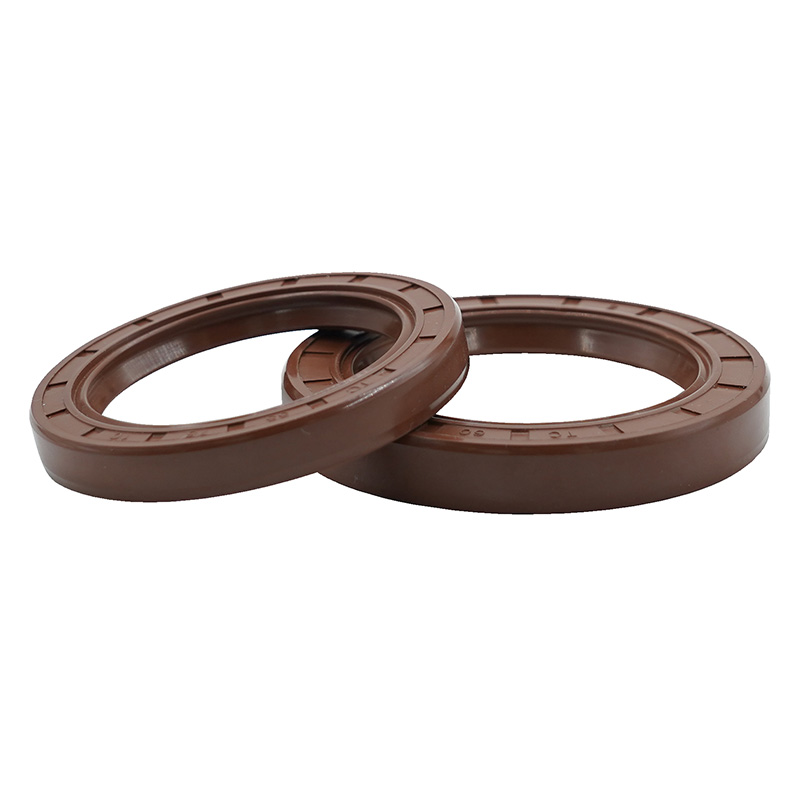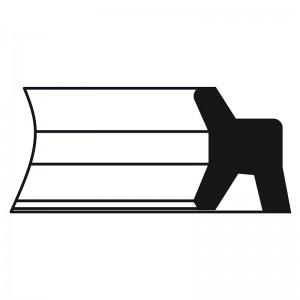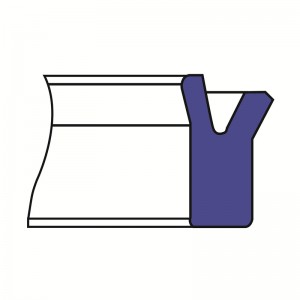
TC Oil Seal Low Pressure Double Lip Seal


Description
The representative form of the oil seal is the TC oil seal, which is a rubber completely covered double-lip oil seal with a self-tightening spring. Generally speaking, the oil seal often refers to this TC skeleton oil seal. The TC profile is a shaft seal composed of a single metal cage with a rubber coating, a primary sealing lip with integrated spring and an additional anti-pollution sealing lip.
The oil seal normally consists of three basic components: The Sealing Element (the nitrile rubber part), the Metal Case, and the Spring. It is a widely used sealing component. The function of a seal is to prevent the leakage of medium along the moving parts. This is mainly achieved by the sealing element. Nitrile Rubber (NBR)
NBR is the most commonly used seal material. It has good heat resistance properties, good resistance to oils, salt solutions, hydraulic oils, and petrol, diesel and other gasoline products. Operation temperatures are recommended from -40deg C to 120deg C. It also functions well under dry environment, but only for intermittent periods.
This is a double sealing lip seal arrangement with one primary sealing lip and a dust protection lip construction. The seal cases are made from SAE 1008-1010 Carbon Steel and are often coated in a very thin layer of NBR to assist sealing in the housing.
The principle function of the metal case is to impart rigidity and strength to the seal.
The spring is made from SAE 1050-1095 Carbon Spring Steel which has a protective zinc coating.
The principle function of the spring is to maintain an even gripping pressure around the shaft.
Material
Material: NBR/VITON
Color: Black/Brown
Advantages
- Excellent static sealing
- Extremely effective thermal expansion compensation
- Greater roughness is allowed in the housing is permitted in reducing the risk of corrosion
- Sealing for low and high viscosity fluids
- Primary sealing lip with low radial forces
- Protection against undesirable air contaminants












